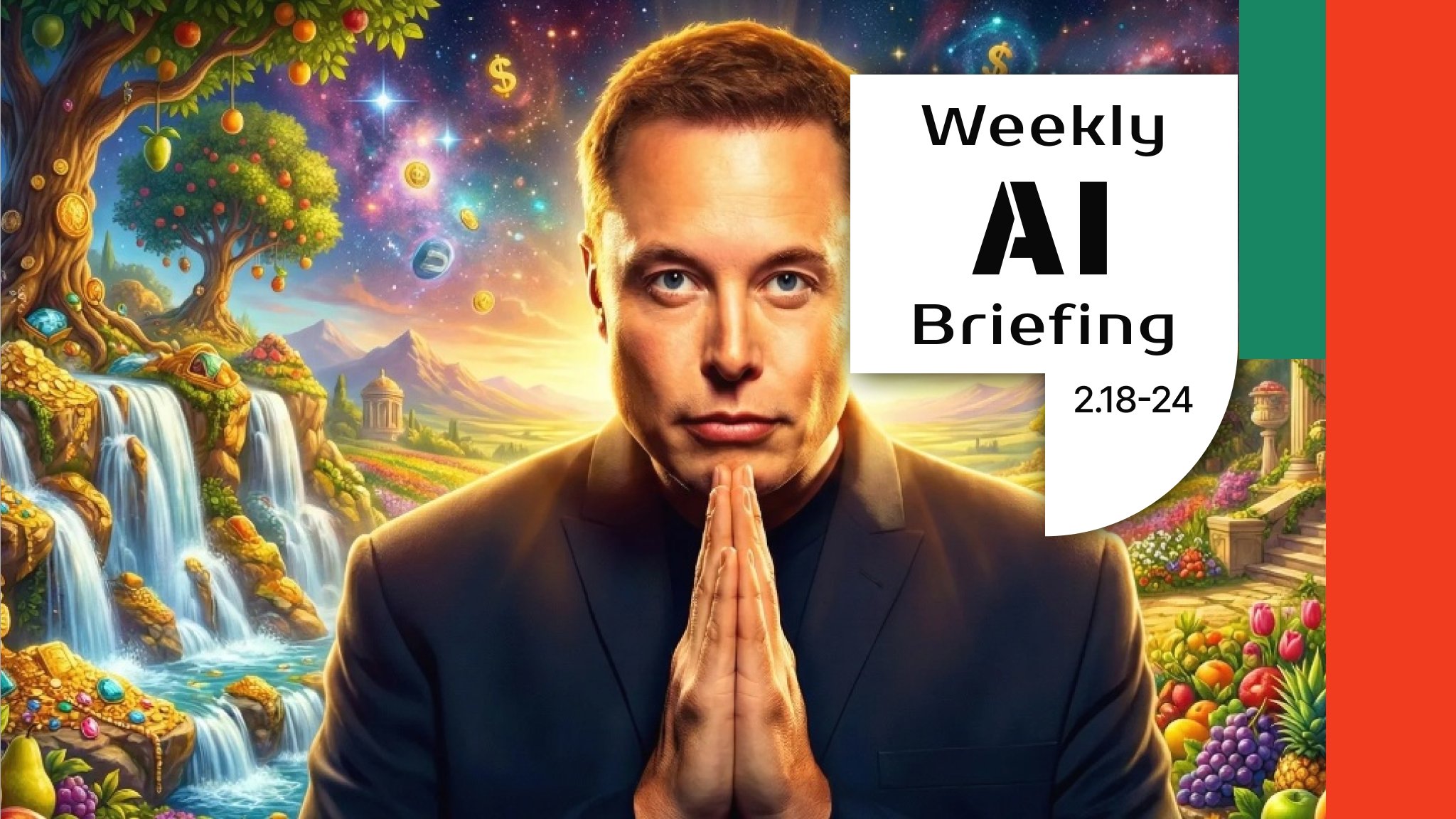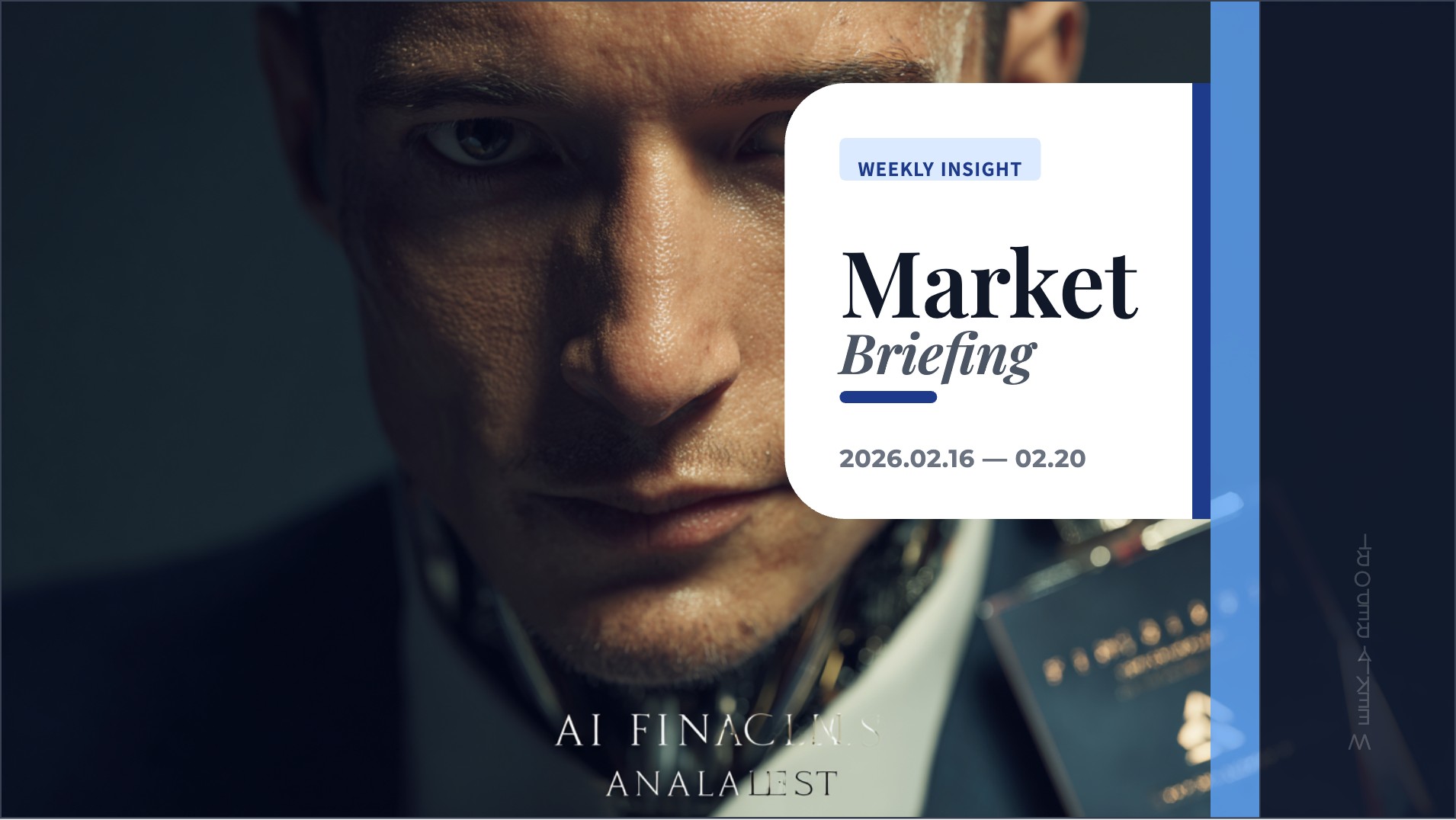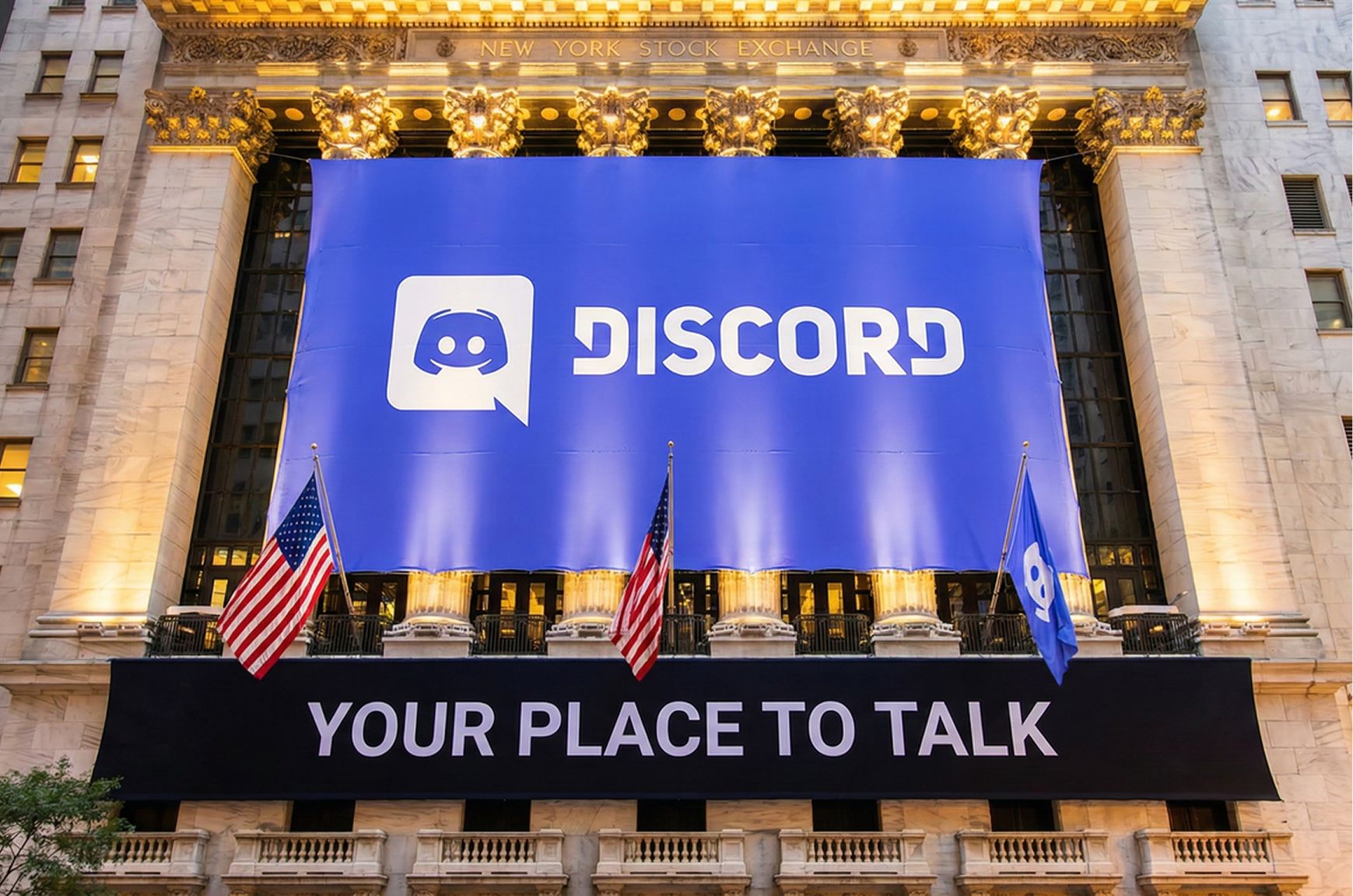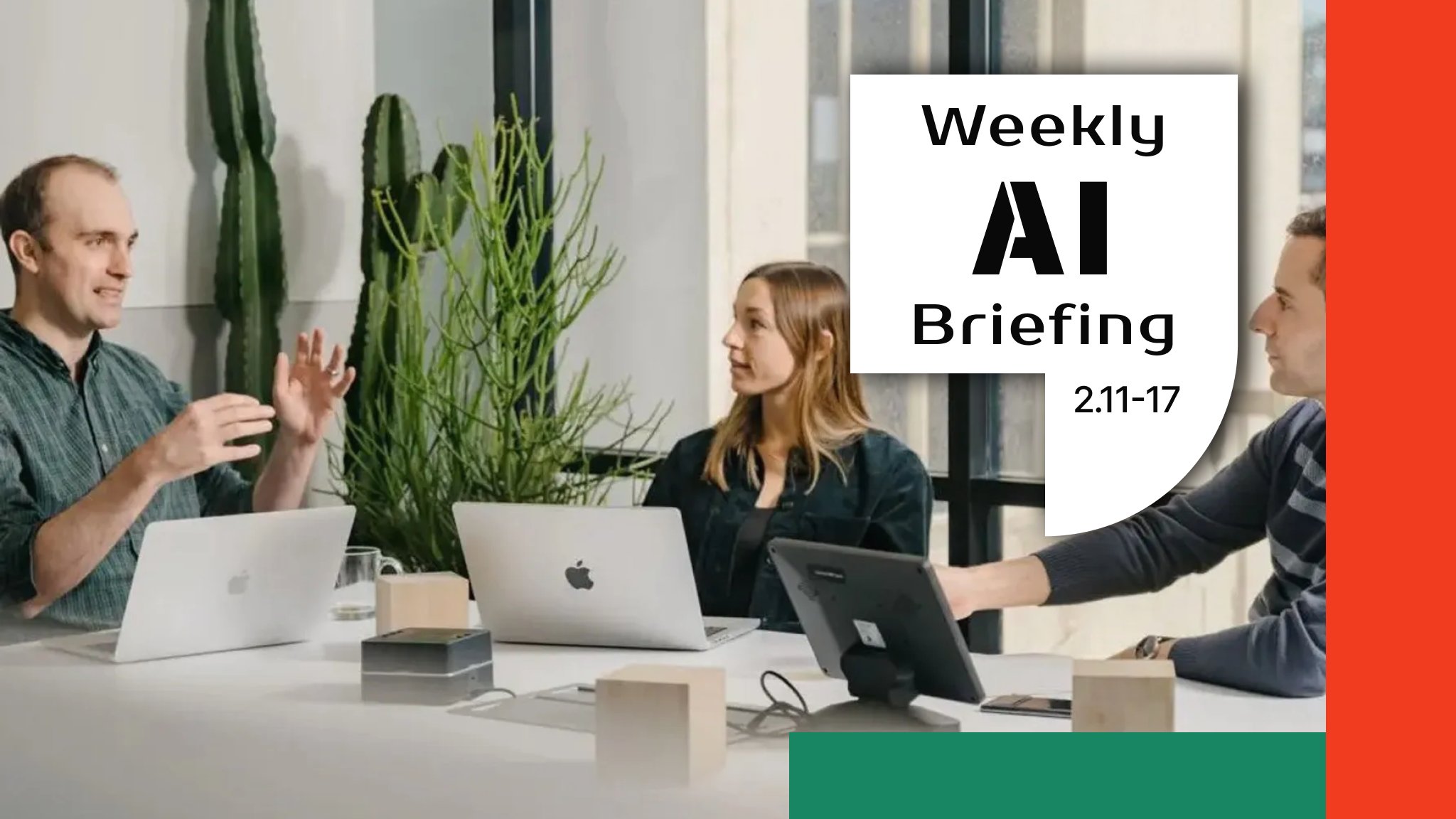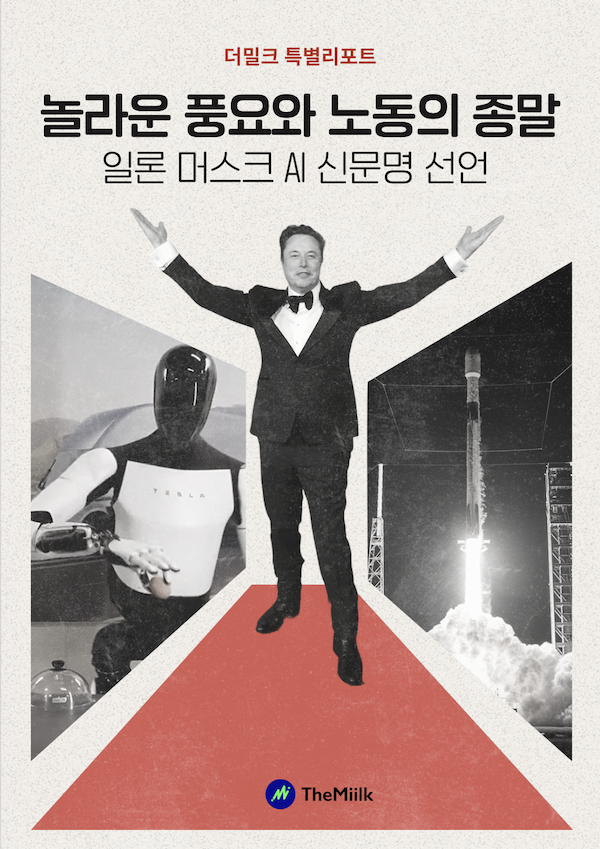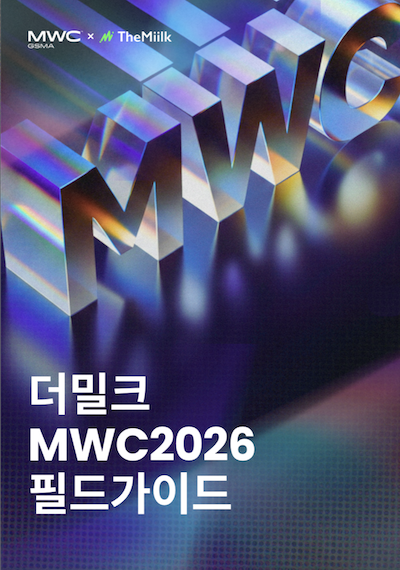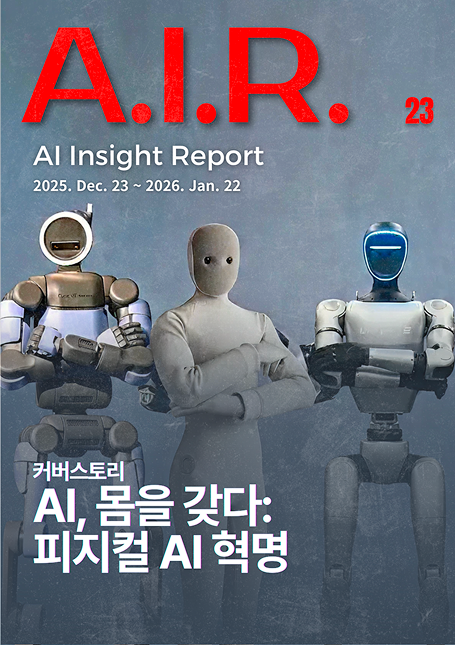‘Developing human-like AI will be gradual and consistent’
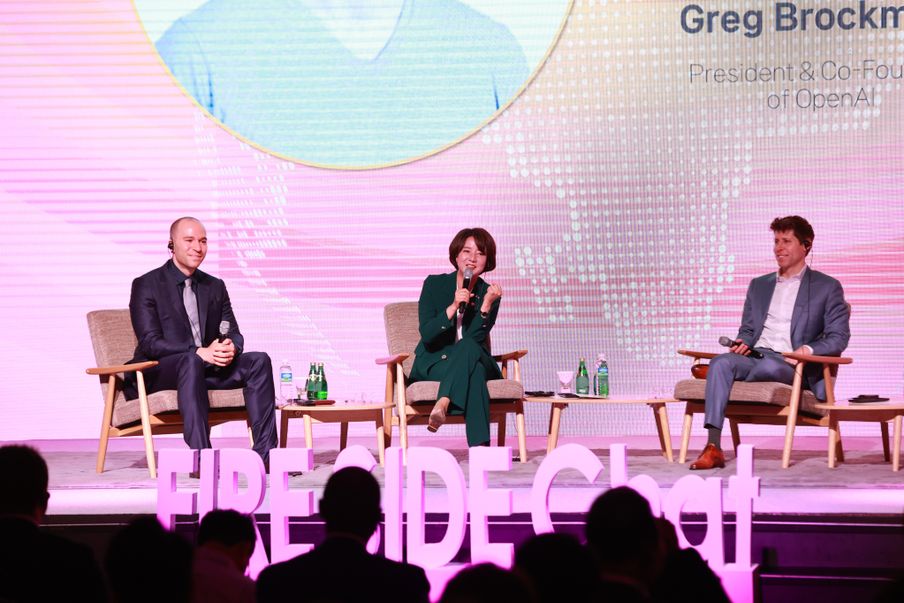
Sam Altman says humans’ inherent drive to push boundaries will prompt the world to seek more advanced technology.
Sam Altman, the CEO of OpenAI, the company behind the generative AI solution ChatGPT, said on Friday that the world will witness a surge in AI technology for years to come. However, he emphasized that the growth will occur in a continuous and sustained manner, rather than resembling a brief or intermittent revolution with a predetermined end.
He also implied that achieving human-like, fully developed artificial general intelligence will be quite challenging, given the high standards people have for AI.
"I think we will never reach the pinnacle (of AI advancement). I think it'll just keep going," said the OpenAI CEO during a press conference in Seoul.
"We are on a very long-term exponential curve."
A case in point, according to the CEO, is when people were initially amazed by GPT-4, but they soon started to want more and expect a more advanced version. He mentioned that even if the world reached a point where AI could help achieve scientific breakthroughs, cure all diseases, and address climate change, people would still continue to seek "what's next?"
"I think there's something about humans continuing to push the bounds, with creativity being limitless," he said.
Despite the challenges, building toward AGI will remain the primary goal of the company, he added.
Seoul is the latest stop on his world tour, which began weeks ago. Altman has been traveling around the globe to meet with global political and business leaders to discuss AI advancements and future collaboration. During his visit to cities such as Tokyo, London, Tel Aviv, and New Delhi, he has sought to address concerns about the fast-evolving AI and the potential impact of the high-performing ChatGPT technology on society.
His global tour came at a time when the generative AI solution garnered immense popularity, as well as concerns over potential threats posed by highly advanced AI. It is thought to be aimed at building amicable relationships with local politicians and the public as part of the company's expansion plans worldwide.

‘Excess regulations could stifle innovation’
Since OpenAI's successful debut of its GPT-3 in November last year, both excitement and concerns have risen. On one side, people are discussing a Terminator-esque doomsday scenario while others on the other side are talking about how AI could improve people's daily lives, freeing them from repetitive and routine tasks. While Altman has previously claimed that government intervention is necessary to prevent the unrestrained machine from going awry, he also believes that relatively fledgling startups should not be hindered in their business operations due to excessive regulations.
At the OpenAI conference, Greg Brockman, a co-founder and president of the San Francisco firm, said placing heavy regulations in place could do more harm to smaller players than good.
“I think it's so easy to snap out the innovation plan (with regulations), and we don't want that to be the case. When we talk about regulation, it is for these future systems, and we really want it to the one that hits companies like us the most," Brockman said.
The OpenAI executives did not address the potential impact of AI on job security of humans in the Seoul event. However, Altman said during an interview in New Delhi that AI could hit a blow to the job security.
“Every tech revolution leads to job change. In two generations, we can adapt to any amount of labor market change and there are new jobs and they are usually better. That is going to happen here, too. Some jobs are going to go away. There will be new, better jobs that are difficult to imagine today," he said.
He admitted that his company does not currently train GPT-5, which is seen as a response to concerns about powerful AI solutions potentially replacing jobs currently held by humans.
Sovereignty matters in AI
In an interview held during his trip to India, he expressed support for “sovereign” research on AI and put emphasis on the importance of government-funded AI projects.
Frightened and threatened by ChatGPT, some countries, including Italy, have been banning the use of the chatbot solution entirely. Private companies, including Samsung Electronics and Apple, entirely or partially, restrict the use of the generative AI solution in the workplace. The biggest concern of these nations and businesses is the potential leakage of crucial data to OpenAI or other ChatGPT users.
To address the data security concerns, sovereign AI, which operates independently with data safely kept within the owning entity, is often referred to as an alternative.
Some South Korean companies, like Naver, aims to run a business to establish a sovereign AI solution for governments or private companies, which they say would help protect crucial information from being leaked to rivals or third parties.
“The establishment of an ecosystem with advanced AI is a must, not an option, in order to safeguard data sovereignty for local businesses and the nation,” said Jung-woo Ha, the chief of Cloud AI Innovation at Naver, in a recent interview with The Miilk.
South Korea is one of few countries home to companies capable of building their own AI solutions utilizing large language models, a foundation technology on the AI-powered chatbot. Naver, Kakao and LG are among the Korean companies that are currently developing generative AI solutions.

